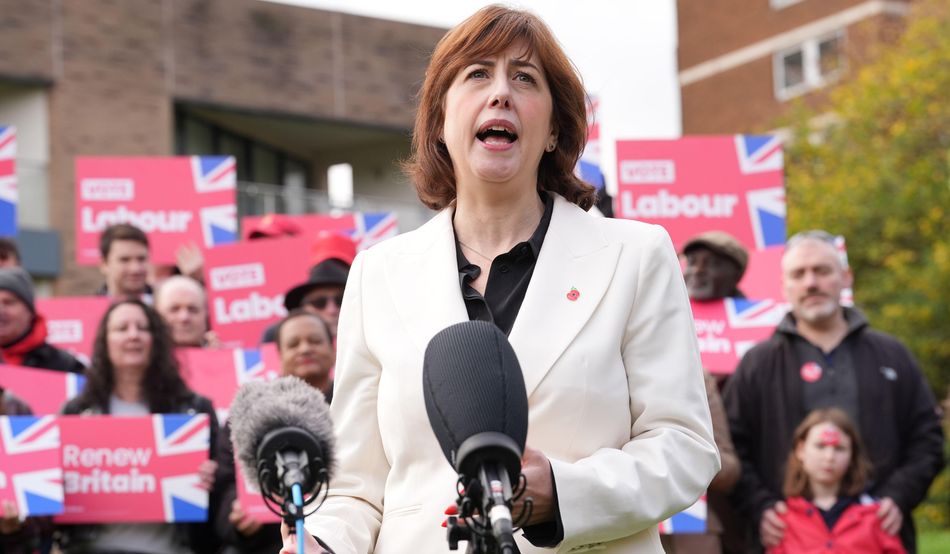The most significant thing about Labour’s deputy leadership election is that hardly anyone voted. This is despite Labour being newly in government with a landslide majority, and a high-profile media campaign between two candidates well known within the party.
Only 160,993 votes were cast for Bridget Phillipson and Lucy Powell combined, compared to the 784,151 votes cast in the 2020 leadership election. True, that was to choose a leader, as well as a deputy leader. But with the whole direction of the new government at stake, amidst an evident leadership crisis, this level of participation still seems pitiful.
The turnout was officially described as “16.6%”, implying a Labour membership and registered supporter base of nearly a million. Apathy ruled the day. Or worse than apathy—deliberate rejection. For I doubt that most of that million are still paid-up members or affiliated supporters. I suspect that hundreds of thousands have lapsed or left. A good number may now be with Zack Polanski’s Greens or Jeremy Corbyn and Zarah Sultana’s “your party.”
Then there is the result, which was the election of the candidate recently sacked by Keir Starmer from his cabinet, rather than the loyalist he had in Phillipson. Lucy Powell is also a Manchester MP and seen as an ally of Andy Burnham, the Greater Manchester mayor, who has been, to all intents and purposes, campaigning to replace Starmer. Burnham is more popular than the prime minister among both the public and Labour members, according to the latest polls. Powell being Starmer’s deputy could prove useful to Burnham, only months before local elections across England, and elections to the Scottish and Welsh parliaments, which are expected to see Labour decimated.
But it gets even worse for Starmer. Angela Rayner, whose resignation as deputy leader caused the election, is already back in action, with the details of the stamp duty misdemeanour which caused her departure fast receding. She too is more popular than her leader. And now she is free from any responsibility for the difficult and unpopular events to come, starting no doubt with Rachel Reeves’ imminent tax-increasing budget.
So Starmer now has both the current and the former deputy leader of his party outside government, waiting to pounce when he next slips.
The closest parallel that springs to mind is George Brown, who destabilised Harold Wilson after flouncing out of Wilson’s first government in 1968. This didn’t bring Wilson down, but it nearly did and probably would have done had Roy Jenkins, then chancellor, joined with Brown. The plot would have been for the more popular Jenkins to take over from Wilson.
The key point, though, is that Jenkins didn’t move against Wilson, even after the utterly disastrous local elections of 1968. And the key issue now, I suspect, is whether there is a cabinet revolt after next May’s local elections. This is less straightforward than it seems, since the current chancellor is highly unlikely to survive a change of prime minister, and the other cabinet aspirants to the leadership (such as Wes Streeting) won’t be keen on a Lucy Powell or Angela Rayner plot to install Burnham or indeed Rayner herself.
Just listing all those names makes one thing very clear. There is no obvious heir apparent to Starmer. Powell herself is an implausible leader. So the new deputy leadership is a bad situation for Starmer, but not necessarily terminal.
Oh, and the Reform bubble might burst and May’s elections might not be a wipeout. And Starmer might regain his mojo. You never know.













